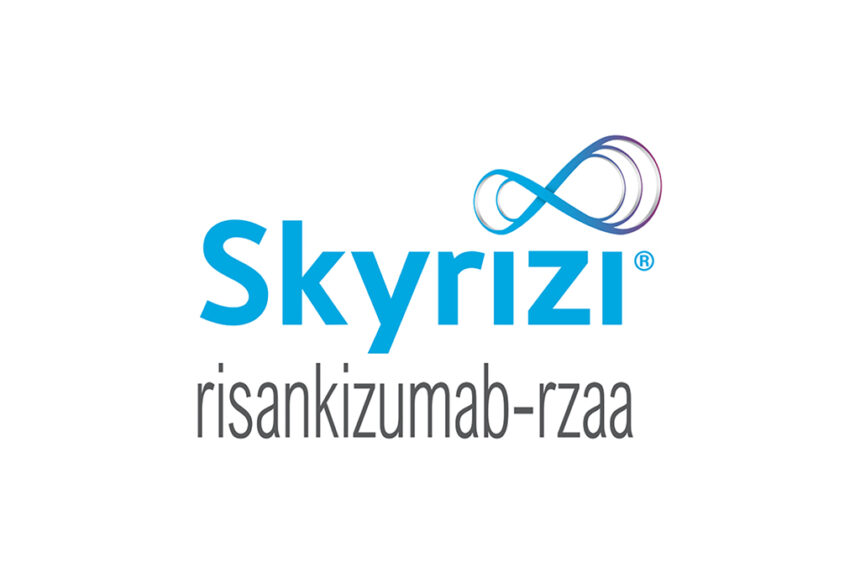Funding a head-to-head study against a rival is risky. When that rival’s initials are “J” and “J,” it’s an even riskier bet.
However, it’s just the sort of endeavor that appears to have paid off for AbbVie’s immunology portfolio this week.
The drugmaker on Tuesday reported positive topline data from a Phase 3 study comparing Skyrizi (risankizumab) to Johnson & Johnson’s Stelara (ustekinumab) in patients with Crohn’s disease (CD).
Skyrizi met both primary endpoints of non-inferiority to Stelara in terms of clinical remission at week 24 and superiority versus the older drug for endoscopic remission at week 48, AbbVie said.
The data “demonstrate the impact Skyrizi can have in helping patients achieve both clinical and endoscopic remission,” stated AbbVie’s Roopal Thakkar, chief medical officer and SVP, development and regulatory affairs.
Skyrizi was also demonstrated to be superior to Stelara across all secondary endpoints. These included the percentage of patients achieving Crohn’s Disease Activity Index of less than 150 at week 48, endoscopic response at week 24 and week 48, steroid-free endoscopic remission at week 48 as well as steroid-free clinical remission at week 48.
Alongside clinical remission in the treatment of CD, different types of remission like endoscopic – in which the patient shows no signs of inflammation, ulcers or bleeding upon lower endoscopy – have become more significant of late due to their long-term and clinically meaningful benefits to patients.
As such, Tuesday’s update “solidifies Skyrizi’s long-term commercial potential in CD, helping patients achieve better outcomes while also setting a higher goal post for competitor products, such as J&J’s Tremfya,” wrote Goldman Sachs analyst Chris Shibutani in an investor note Wednesday.
Tremfya is not yet approved for CD but is expected to report data later this year from its Phase 3 GALAXI 2/3 study, which includes endoscopic remission at week 48 as a secondary endpoint.
“In our base case assumption, we see potential for Tremfya to exhibit a comparable overall clinical profile to Skyrizi,” added Shibutani.
Whereas older drugs, like Amgen’s Enbrel and J&J’s Remicade, block the activity of TNF, a substance which can cause inflammation, interleukin (IL) inhibitors like Skyrizi and Stelara work differently. They target the chemical signals that can trigger an immune response, IL-23 in Skyrizi’s case and IL-12/23 for Stelara. They’re available in injectable form, while anti-TNFs are delivered via infusion.
Subjects in the head-to-head trial, dubbed SEQUENCE, were those with moderate-to-severely active CD who have failed prior therapy with an anti-TNF. The study enrolled up to 527 subjects, who received either Skyrizi or Stelara in intravenous form, followed by subcutaneous injection of either med as maintenance therapy to week 48.
No new safety risks were identified and the results were consistent with Skyrizi’s overall safety profile. Full details from the study are expected to be shared at a future medical meeting.
The immunology showdown came amid big changes in the immunology category, most notably the launch of eight biosimilars to AbbVie’s megablockbuster Humira this year.
Also, J&J recently settled for an entry of a biosimilar version (bStelara) in January 2025, and the biologic was among the first 10 drugs chosen by the Biden Administration for Medicare price negotiation under the Inflation Reduction Act.
Notwithstanding the coming revenue erosion for Humira and Stelara, analysts expect Skyrizi to continue a healthy growth trend. J.P. Morgan forecasts 2030 U.S. sales of $14.7 billion, with sales coming from psoriasis, CD, psoriatic arthritis and ulcerative colitis (UC), in that order.
While not yet approved in UC, the drug delivered positive topline Phase 3 maintenance results in that indication in the second quarter. Regulatory filings in UC are expected to be completed later this year with regulatory action in 2024.








